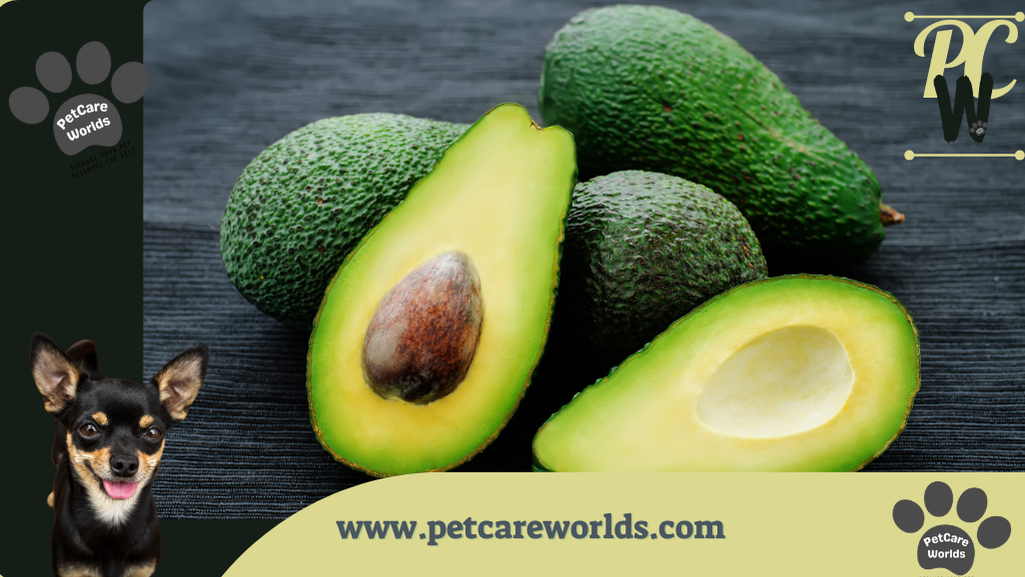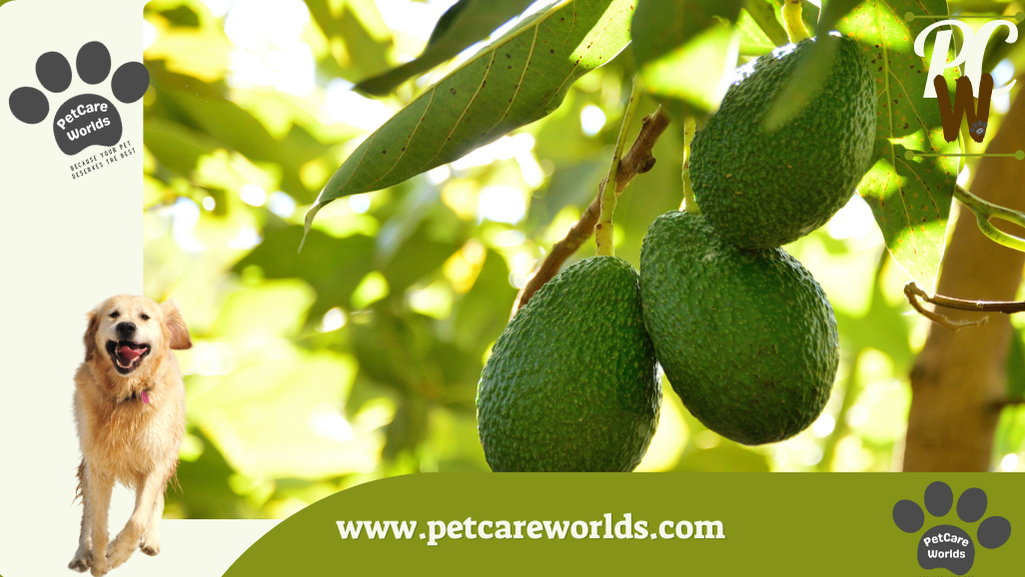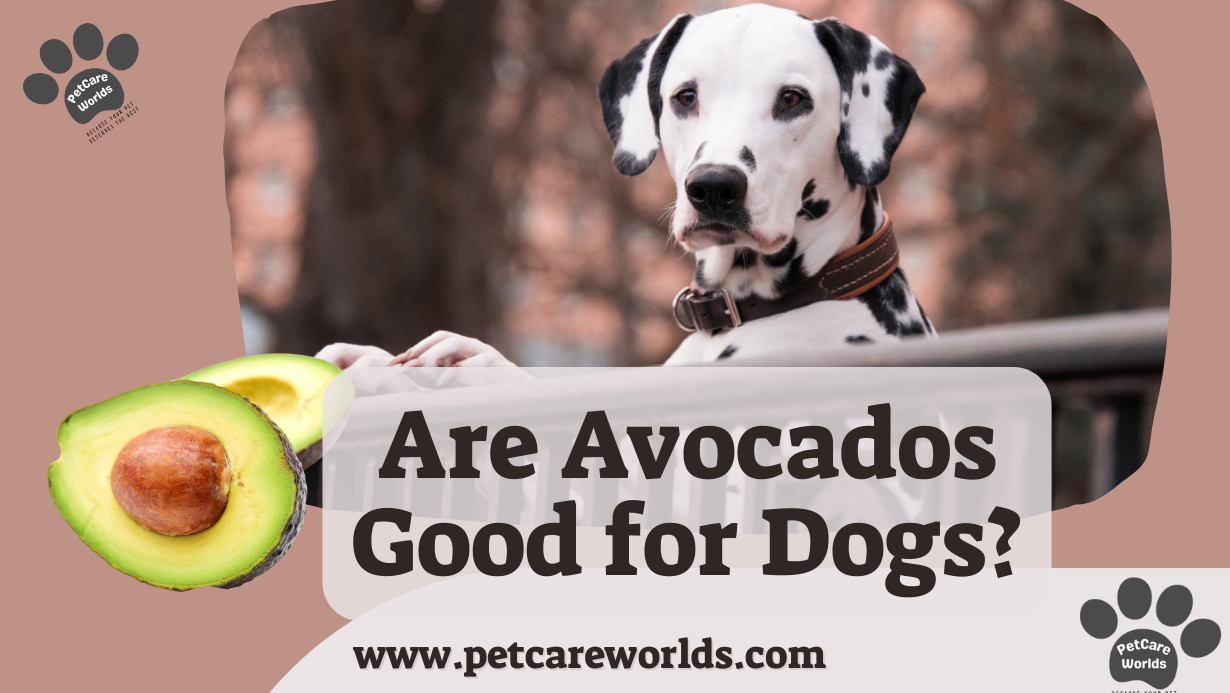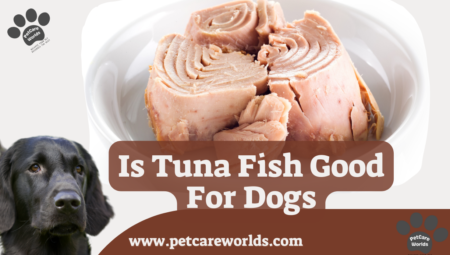Are avocados good for dogs? This question has become more common as avocados have skyrocketed in popularity among humans. From the classic guacamole on tortilla chips to avocado toast and even smoothies, this fruit is everywhere. People love it for its health benefits, but what about our furry friends? Can dogs enjoy this delicious fruit safely, or should it be kept out of their paws at all costs? While it might be tempting to share your avocado with your pet, there’s more to this fruit than meets the eye. Let’s dive into the potential risks and decide whether or not avocados belong in your dog’s diet.
Are Avocados Good for Dogs?
Avocados are a favorite among humans, but are they safe for dogs? The answer isn’t simple. A small bite may not harm your pet, but larger amounts can lead to serious health issues. Are avocados good for dogs
Here’s why:
- Persin, a substance in avocados, can be harmful to dogs in larger amounts.
- The pit, skin, and leaves contain the highest concentration of persin, which can cause vomiting and diarrhea.
- Even a small amount of avocado can cause digestive problems for sensitive dogs.
So, while a little avocado might not hurt, it’s safer to avoid sharing this treat with your dog.
Can Dogs Eat Avocados?
The short answer is it depends. Dogs can eat small amounts of avocado without major issues, but it’s not recommended. The risk comes with the amount they consume and which parts of the avocado they ingest. Are avocados good for dogs
A Complex Answer: Not a Simple Yes or No
Avocados contain persin, a toxin that can cause harm to dogs in high quantities. While a small nibble of the fleshy part of the fruit might not be dangerous, eating larger amounts, especially from the skin, pit, or leaves, can lead to health problems. Are avocados good for dogs
Why Are Avocados Risky for Dogs?
Avocados are risky mainly because of persin, a substance that affects pets differently. It’s present in all parts of the avocado, but especially in the skin, pit, and leaves. These parts can cause digestive upset, vomiting, or diarrhea in dogs.
The Role of Persin in Avocados
Persin is the primary toxin in avocados. It’s found in the flesh, skin, and pit, and can lead to health problems in dogs if ingested in large amounts. While humans can safely consume persin, dogs’ digestive systems struggle with it. Are avocados good for dogs
How Persin Affects Dogs’ Health
Persin affects dogs’ health by causing stomach issues such as vomiting, diarrhea, and abdominal pain. In severe cases, it can lead to heart problems or muscle weakness. The severity of symptoms depends on the amount consumed and the size of the dog. Are avocados good for dogs
Can Cats Eat Avocados?
Just like dogs, cats should avoid avocados. While they might be tempted by the creamy texture, avocados are not safe for them. The same toxic substance, persin, can cause harm to cats as well.
Similar Risks for Cats
Cats face similar risks from avocados. Persin can cause them to experience:
- Vomiting
- Diarrhea
- Stomach pain
Additionally, the pit and skin pose a choking hazard, and the high fat content can lead to obesity if consumed in large quantities. It’s best to keep avocados away from your cat for their safety.

Other Risks of Avocados for Pets
Beyond persin, avocados present other risks for pets. These include weight gain, choking hazards, and more. While the fleshy part might seem harmless, there’s more to worry about. Are avocados good for dogs
Avocados and Obesity Risks
Avocados are high in fat and calories, which can lead to obesity if given to pets regularly. While healthy fats are beneficial in moderation, excessive avocado consumption can cause:
- Weight gain
- Pancreatitis
A small bite now and then isn’t harmful, but large amounts can impact your pet’s health over time.
The Danger of Avocado Pits and Seeds
The pit or seed of an avocado is another significant risk. Not only does it contain persin, but its size and shape also pose a choking hazard. Pets might try to swallow it, leading to: Are avocados good for dogs
- Obstructions in the digestive tract
- Possible surgery to remove it
Risk of Choking from Avocado Pits
Avocado pits are large and hard, making them difficult for pets to chew. This increases the choking risk, especially for smaller pets. If your pet manages to swallow the pit, it could block their airway or cause serious digestive issues. Always dispose of the pit safely to prevent accidents. Are avocados good for dogs
What Should You Do if Your Pet Eats Avocado?
If your pet accidentally eats avocado, it’s important to act quickly. While a small amount might not cause immediate harm, it’s always best to monitor their health closely. Quick action can help prevent any potential complications.
First Steps After Consumption
- Remove any leftover avocado from your pet’s reach.
- Check for signs of distress, like vomiting, diarrhea, or lethargy.
- Contact your vet or a poison control hotline for advice, especially if your pet consumed a large amount.
The quicker you respond, the better the chances of avoiding serious health issues. Are avocados good for dogs
When to Call the Veterinarian
Call the veterinarian if you notice any of these symptoms:
- Excessive vomiting or diarrhea
- Difficulty breathing or swallowing
- Lack of energy or weakness
If you’re unsure of the amount your pet consumed, better safe than sorry—a vet’s opinion is always helpful. Are avocados good for dogs
Are There Any Safe Alternatives?
Luckily, there are many safe and healthy alternatives to share with your pets. You don’t have to worry about your pet’s health while still giving them a tasty treat.
Healthy Snacks for Dogs and Cats
Here are a few safe, nutritious alternatives:
- Carrot sticks: Low-calorie and full of vitamins.
- Cucumber slices: Hydrating and refreshing.
- Plain chicken or turkey: Great protein boost.
- Watermelon: Sweet, hydrating, and low in calories.
Always make sure to remove any seeds or pits from fruits and veggies, and serve them in moderation to keep your pet healthy.

Are Avocados Good for Dogs?
| Aspect | Details |
|---|---|
| Avocado Toxicity | Avocados contain persin, a substance that can be harmful to dogs, especially when consumed in large amounts. |
| Safe Amount | Small amounts may be safe, but it’s always better to avoid giving your dog avocado intentionally. |
| Other Risks | Besides persin, avocado pits and skins can cause choking hazards and may lead to digestive blockages. |
| Health Benefits | Avocados are rich in healthy fats and fiber, but these benefits don’t outweigh the risks for dogs. |
| Recommended Action | If your dog consumes avocado, monitor closely for signs of discomfort and contact a veterinarian if needed. |
“Even though avocados are healthy for humans, they pose potential risks for dogs, especially when consumed in large quantities.”
Are Avocados Good for Dogs? – FAQ
1. Can dogs eat avocado safely?
- While small amounts of avocado might not cause harm, it’s best to avoid feeding avocado to your dog due to the potential risks, including toxicity from persin and choking hazards from the pit.
2. What happens if a dog eats avocado?
- If a dog consumes avocado, symptoms like vomiting, diarrhea, or digestive issues may occur, especially if consumed in large quantities. Immediate veterinary attention may be required.
3. Is avocado toxic to all dogs?
- Not all dogs are equally sensitive, but the persin in avocados can be harmful to many dogs, particularly in larger amounts. Smaller breeds are often more susceptible.
4. Can puppies eat avocado?
- It’s safer to avoid giving puppies avocado. They may be more sensitive to toxins and have a higher risk of digestive issues or choking on avocado pits.
5. Are avocado pits dangerous for dogs?
- Yes, avocado pits can be a choking hazard. They are also large enough to cause a blockage in a dog’s digestive tract, which may require surgical intervention.
6. What should I do if my dog eats avocado?
- Monitor your dog closely for any signs of distress like vomiting or diarrhea. Contact your vet immediately if your dog consumes a significant amount or exhibits concerning symptoms.
Conclusion
Are Avocados Good for Dogs? Avocados can be risky for dogs due to persin toxicity and choking hazards. It’s best to avoid giving them to your furry friend for safety.





